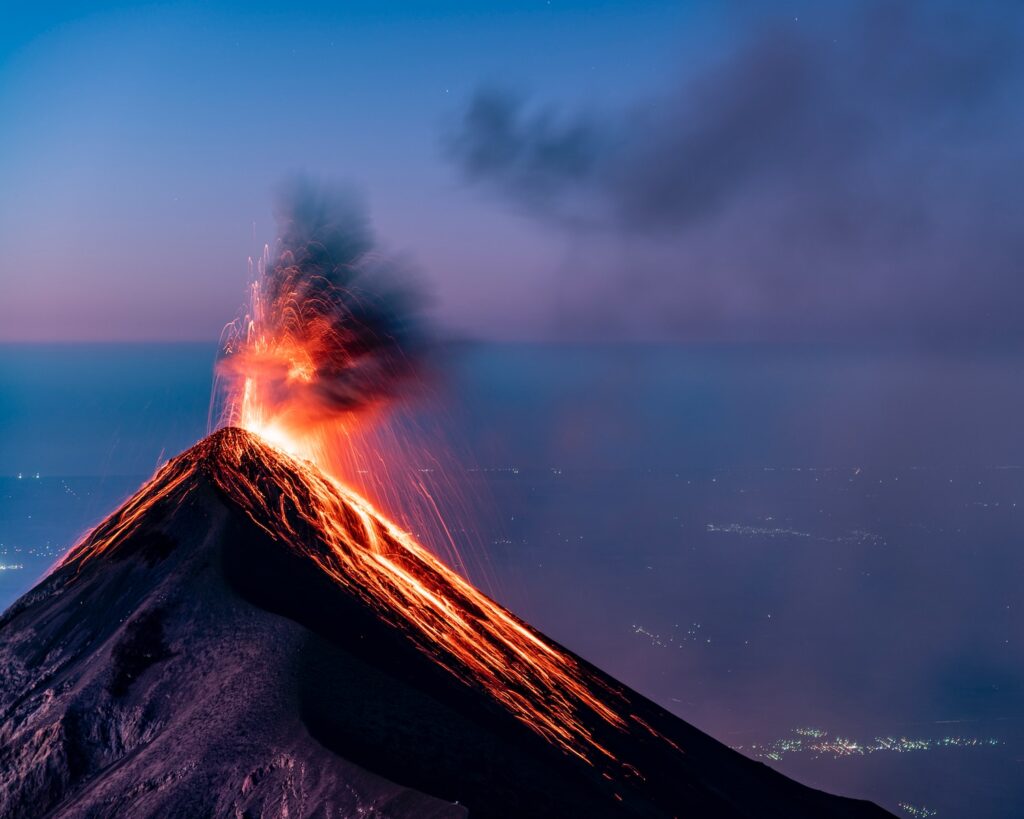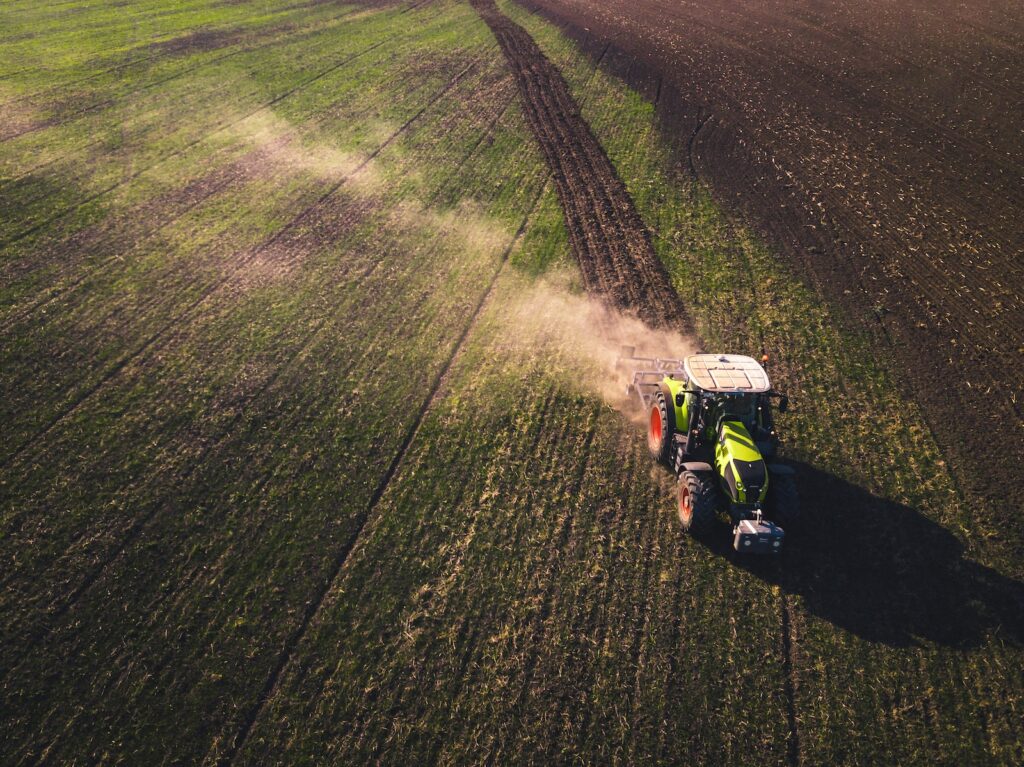Soil Pollution Sources
Soil pollution sources are the contamination of the soil with harmful substances. It can occur from a variety of sources, both natural and human-made.
Natural sources of soil pollution include:
- Volcanic eruptions: Volcanic eruptions can release ash and other pollutants into the soil.
- Wildfires: Wildfires can release ash and other pollutants into the soil.
- Floods: Floods can carry pollutants from the water into the soil.
- Natural disasters: Other natural disasters, such as earthquakes and landslides, can also release pollutants into the soil.
Human-made sources of soil pollution include:
- Agriculture: Agricultural activities, such as the use of pesticides and fertilizers, can release pollutants into the soil.
- Industry: Industrial activities, such as mining and manufacturing, can release pollutants into the soil.
- Waste disposal: Improper waste disposal can release pollutants into the soil.
- Transportation: Transportation activities, such as vehicle emissions, can release pollutants into the soil.

"Soil pollution can increase the risk of developing certain types of cancer"

Health effects of soil pollution
Soil pollution can have a number of negative health effects, including:
- Cancer: Soil pollution can increase the risk of developing certain types of cancer, such as lung cancer and stomach cancer.
- Respiratory problems: Soil pollution can cause respiratory problems, such as asthma and bronchitis.
- Digestive problems: Soil pollution can cause digestive problems, such as diarrhea and vomiting.
- Birth defects: Soil pollution can increase the risk of developing birth defects.
- Reproductive problems: Soil pollution can cause reproductive problems, such as infertility.
Preventing soil pollution
There are a number of things that can be done to prevent soil pollution, including:
- Reducing the use pesticides and fertilizers: Farmers can reduce the use of pesticides and fertilizers to reduce the amount of pollutants that are released into the soil.
- Properly disposing of waste: Waste should be disposed of properly to prevent pollutants from being released into the soil.
- Reducing vehicle emissions: Vehicle emissions can be reduced by driving less, using public transportation, carpooling, and choosing fuel-efficient vehicles.
